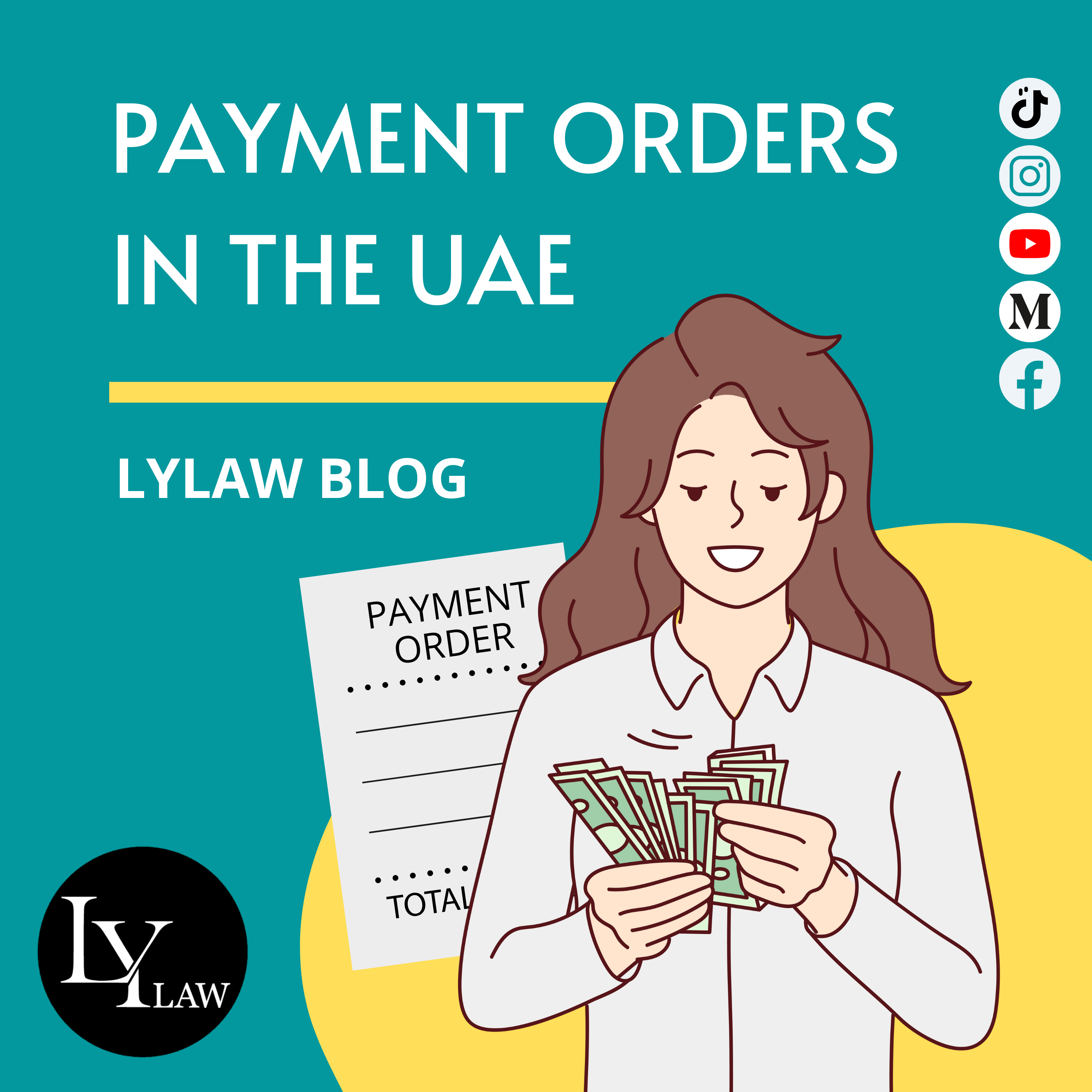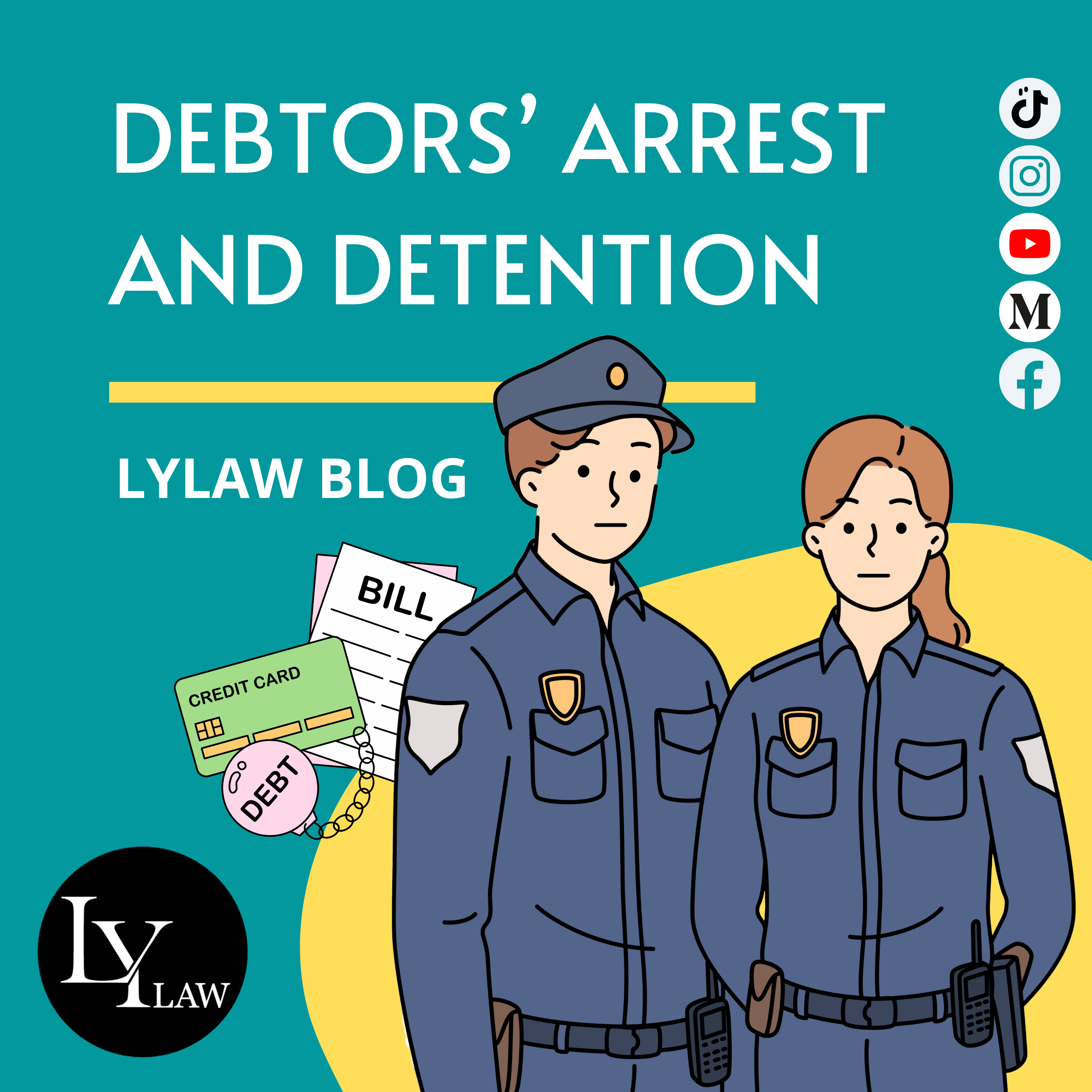Introduction
UAE creditors have a swift and effective judicial recourse to recover debts known as a payment order. In the right circumstance, a payment order allows creditors to obtain immediate court decisions to recover debts without having to go through lengthy litigation. This court tool is designed to provide a short-term solution for sure commercial creditors and preserve time and cost in pursuing debt recovery by normal court remedies.
Payment orders are most useful where there is a clear, undisputed debt supported by commercial documentation. However, they can be used only in specific legal situations and scenarios as outlined within UAE legislation and as interpreted from Dubai court rulings. This blog examines the jurisdiction, requirements, and realities around issuing payment orders under UAE legislation.
Legal Framework for Payment Orders
Payment orders are governed by Articles 143 to 150 of the UAE Civil Procedures Law No. 42 of 2022. This is a swift means of recovery of debt, but only if the debt meets strict legal criteria. The purpose of payment orders is to enable creditors to obtain an enforceable judgment speedily in cases where the debt is not in dispute and clearly ascertainable.
Conditions for a Payment Order
To make a successful payment order application, the following requirements under Article 143 of the Civil Procedures Law must be satisfied:
- The creditor’s right must be evidenced in writing – This comprises paper documents and electronic documents.
- The debt must be due – The payment obligation must already have matured and be payable.
- The debt must be a determinate money or movable property – The character or value of the debt must be certain and not subject to construction.
- The debt must be admitted in a commercial document – The document must establish a clear commercial relationship and settled debt obligation.
Judicial Interpretation and Limitations
The Dubai Courts have applied the jurisdiction of payment orders strictly, stressing that payment orders are an exceptional judicial procedure that should not be interpreted expansively to all debt disputes. The following Dubai court judgment principles are pivotal:
- Payment orders do not apply to debts claimed or debts pending dispute regarding their validity, nature, or amount.
- A distinction is made between commercial documents that represent a payment obligation and those that are issued as a guarantee. Payment orders only have effect where the document represents an actual debt payment obligation and not a guarantee.
- The nature of the debt and money amount should be certain and clear and supported by clear documentation.
Court Fees for Payment Orders
In Dubai, issuing a payment order is accompanied by a court fee equivalent to 6% of the amount of the claim, payable on a minimum basis of AED 500 and a maximum of AED 40,000. This follows the customary court fees for civil claims to the Dubai Courts. There are also serious monetary implications of issuing a payment order:
- Where a request for payment order is rejected, the court fee is non-refundable.
- Requests for payment orders are often decided very quickly, and rejection may occur without extensive substantive adjudication.
- It is therefore important for creditors to carefully assess whether the debt meets statutory and judicial requirements before applying for a payment order in order to avoid unnecessary spending.
That means that creditors can lose the court fee even where the court’s refusal is procedural rather than substantive. Proper scrutiny of documents and the nature of debt will minimize the risk of rejection.
Additional Judicial Clarifications
In addition to the legislation, Dubai court judgments have provided additional clarifications on procedural and substantive aspects of payment orders:
- A creditor seeking a payment order for a confirmed commercial debt may simultaneously seek precautionary measures (e.g., freezing of assets) to safeguard the creditor’s position until the payment order is processed. This is under Articles 143(3) and 147(5) of the Civil Procedures Law.
- When making a ruling on a payment order, the court can have three options:
- Acceptance – Where the debt is properly documented and meets the requirements under the law.
- Rejection – Where the debt is not properly defined or does not meet the requirements in law.
- Partial acceptance/rejection – Where some of the conditions of the debt are met while others are not.
- Where a court rejects a payment order request, it must issue a reasoned decision indicating the grounds of refusal. Similarly, where the court gives a decision regarding the enforceability of a commercial contract that is annexed to a payment order, it must issue a detailed explanation. The latter is required by Article 145 of the Civil Procedures Law.
Strategic Value of Payment Orders
Payment orders are an effective tool for creditors to effect speedy recovery of debts in circumstances where debts are uncontested and well-documented commercial debts. The reason payment orders are effective is that they can bypass prolonged legal procedures and achieve speedy enforcement. However, the creditors need to carefully decide on the character of the debt and follow all statutory requirements in order to avoid rejection by the court.
Also, the susceptibility to orders for precautionary measures in addition to an order of payment further safeguards the creditors against the liquidation of assets by the debtor, leaving them within reach for enforcement.
الخاتمة
Short of it, payment orders are an extremely good debt recovery tool in the UAE — provided it is applied appropriately. The success formula is to submit an uncontested commercial debt under good documentation. While the courts in Dubai do take a stern view to enforcing the regulations, creditors who adhere to these guidelines are entitled to a speedy fix for debt recovery.
But with potential cost implications of rejection — including the threat of losing a court fee up to AED 40,000 — creditors have to balance with care the strength of their claim before instituting a payment order application. There has to be a wise judgment of the validity of the debt, supporting documents, and case for dispute, so that payment order process can be the optimum method of recovery.


